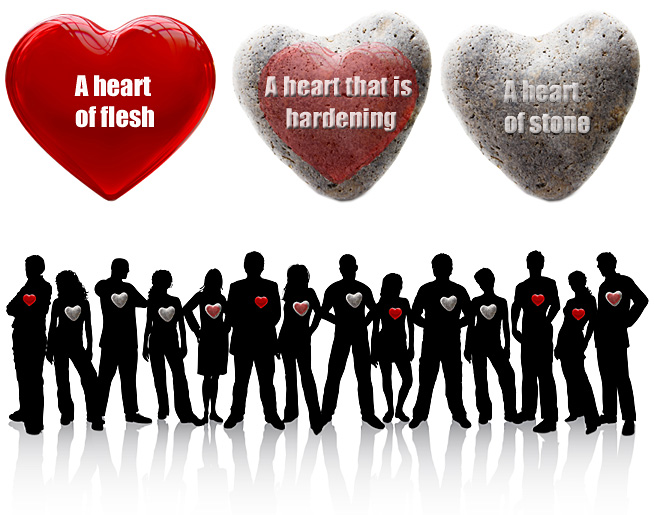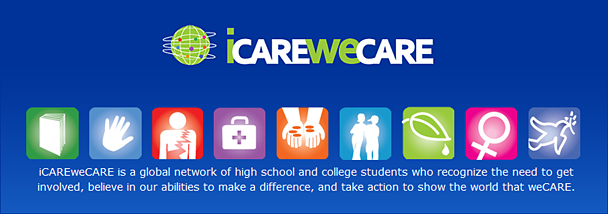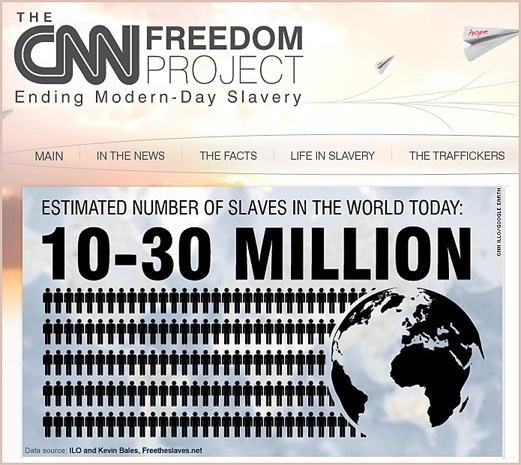A devotion for Wall Street — from www.redletterchristians.org (a blog by Tony Campolo & friends) by Shane Claiborne; with a special thanks going out to Mr. David Goodrich for posting a URL to this item via LinkedIn
Excerpt:
A reporter recently asked me, “As a Christian leader, does your faith have anything to say about Wall Street?” I said, “How much time do you have?”
The Christian message has a lot to say to Wall Street.
Theologian Karl Barth said, “We have to read the Bible in one hand, and the newspaper in the other.” For too long we Christians have used our faith as a ticket out of this world rather than fuel to engage it.
In his parables, Jesus wasn’t offering pie-in-the-sky theology… he was talking about the real stuff of earth. He talks about wages, debt, widows and orphans, unjust business owners and bad politicians. In fact Woody Guthrie breaks it all down in his song “Jesus Christ”. The song ends with Woody singing, “This song was written in New York City… If Jesus were to preach what he preached in Galilee, they would lay him in his grave again.”
…
From the Start here page at RLC.org:
The goal of Red Letter Christians is simple: To take Jesus seriously by endeavoring to live out His radical, counter-cultural teachings as set forth in Scripture, and especially embracing the lifestyle prescribed in the Sermon on the Mount.
Ironically, it was a secular Jewish country-and-western disc jockey in Nashville, Tennessee who first suggested that title. During a radio interview with my friend Jim Wallis, that deejay declared, “You’re one of those Red-Letter Christians – you know, the ones who are really into all those New Testament verses that are in red letters!” When Jim said, “That’s right!” he answered for all of us. By calling ourselves Red Letter Christians, we refer to the fact that in many Bibles the words of Jesus are printed in red. What we are asserting, therefore, is that we have committed ourselves first and foremost to doing what Jesus said.












